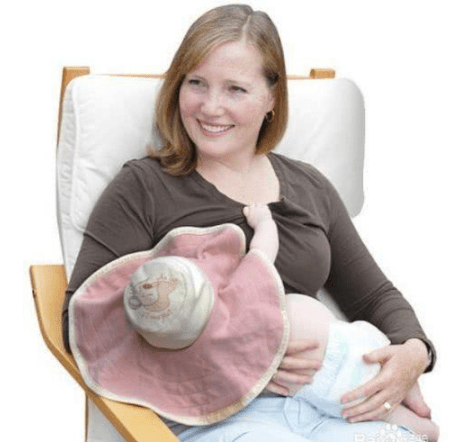Confinement, this traditional custom contains a lot of medical wisdom. The older generation often says that new mothers should avoid contact with cold water, drafts, bathing, and consuming raw and cold food. Behind these seemingly strict taboos, there are considerations for the recovery of the new mother’s body. However, with the faster pace of modern life, some young mothers may overlook the importance of confinement because they are eager to return to their daily routines. They may quickly take off their hats, loosen their scarves and go out, and although this behavior is understandable, it may pose hidden risks to their health. In traditional beliefs, postpartum illnesses are closely related to the invasion of cold air. In the past, families with multiple children still had the opportunity to recuperate in subsequent pregnancies, but in the current social context, each woman may likely only have one chance to undergo confinement, hence, scientific confinement appears especially important.
Speaking of personal hygiene, the issue of bathing during the confinement period deserves careful consideration. On the one hand, excessive cleaning is not beneficial to the body, especially avoiding frequent use of cold water; on the other hand, not bathing at all is also not advisable as it can lead to bacterial growth, affecting the health of both mother and baby. The ideal solution is to bathe moderately, ensure the water temperature is appropriate, dry off quickly after washing, and keep warm to prevent catching a cold.
Regarding “keeping warm during confinement,” a traditional practice to avoid drafts through a sealed environment, the principle of moderation must be applied. Indeed, the postpartum female body is weaker and susceptible to wind-cold, but excessively sealing the room can affect air circulation and is detrimental to health. It is advisable to choose fine weather to open windows for ventilation at appropriate times to ensure fresh indoor air.
During hot summer temperatures, caution should be exercised when using air conditioning. Direct exposure to cold air may cause discomfort for the new mother and newborn, including headaches, joint pain, and infant eczema. Similarly, cold drinks and other chilled food should be avoided to prevent stomach issues, indirectly affecting the quality of breast milk.
In terms of diet, new mothers should avoid consuming cold fruits and vegetables, such as watermelon, to prevent affecting the lungs and stomach. It is recommended to choose warm fruits such as peaches, longan, which help to nourish and warm the body. Neutral fruits like apples and lemons, easy to digest and help stimulate appetite, are also good choices. The postpartum period is a critical time for body recovery, and sensible diet and lifestyle habits are crucial for long-term health.


